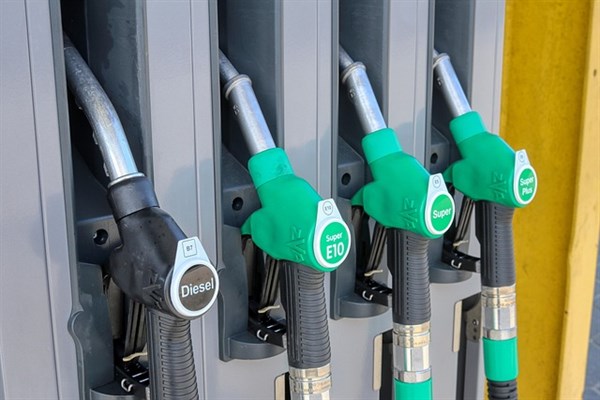
From January 1, 2026, French motorists will face an estimated price increase at the pump of between 4 and 6 cents per liter. This increase stems neither from soaring oil prices nor from a revision of traditional taxes, but from a lesser-known mechanism: Energy Savings Certificates (CEE). This system, established in 2005, requires energy suppliers – fuel, gas, and electricity – to finance initiatives aimed at reducing national energy consumption.
A decree published at the end of October 2025 marks the beginning of the sixth period of Energy Savings Certificates (CEE), which will run from 2026 to 2030. The overall energy savings target has been significantly increased: the annual budget has risen from €6 billion to €8 billion, representing an increase of nearly 30%. Energy suppliers must demonstrate their energy savings volumes, expressed in cumulative kilowatt-hours (kWhc), or face substantial financial penalties.
In practice, these additional costs are largely passed on to consumers. Currently, fuel efficiency certificates (EECs) represent approximately 11 cents per liter of fuel. Starting in January, this share will rise to 16 or 17 cents, resulting in an additional cost of €1.25 to €1.50 for an average fill-up. For a driver covering 15,000 km per year, the annual bill could increase by €75 to €90.
The government downplays the impact, calling it a "marginal effect," but the Court of Auditors describes the measure as a "quasi-tax" on energy consumption. On average, it already costs €164 per household per year, including €76 for fuel, €84 for gas, and €56 for electricity. This increase comes in a tense economic climate, where household purchasing power is already weakened by inflation.
Motorists' associations, such as 40 Million Motorists, denounce the measure as "incomprehensible" and "out of touch with reality." They point out that the Yellow Vest crisis was triggered by a fuel price increase of just a few cents. They believe this decision risks widening the gap between public policy and the realities of daily life: an extra five or six cents per liter is enormous for millions of French people who have no alternative to driving.
The government justifies this approach by the need to finance the energy transition without using public funds. Energy Savings Certificates (CEE) support programs such as energy-efficient home renovations, boiler replacements, and the ecological bonus for electric vehicles. However, this logic raises a question: should the energy transition be financed by an indirect increase in energy prices, at the risk of penalizing households most dependent on their cars?